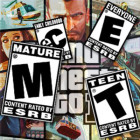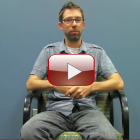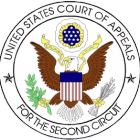
The U.S. Supreme Court Monday struck down a California law banning the sale of violent video games to children in a 7-to-2 decision. The majority opinion in Brown v. Entertainment Merchants Association, written by Justice Antonin Scalia, equated video game content with that of books and films.
“Like the protected books, plays and movies that preceded them, video games communicate ideas — and even social messages — through many familiar literary devices (such as characters, dialogue, plot and music) and through features distinctive to the medium (such as the player’s interaction with the virtual world),” Justice Scalia wrote. “That suffices to confer First Amendment protection.”
Justice Scalia wrote that violence in literature and art have never been subject to government regulation. “Grimm’s Fairy Tales, for example, are grim indeed,” he wrote. The California law defined violent video games as “patently offensive” when “the range of options available to a player includes killing, maiming, dismembering or sexually assaulting an image of a human being” and lacked “serious literary, artistic, political or scientific value. Stores that sold violent video games to minors would have been subject to $1,000 fines.




